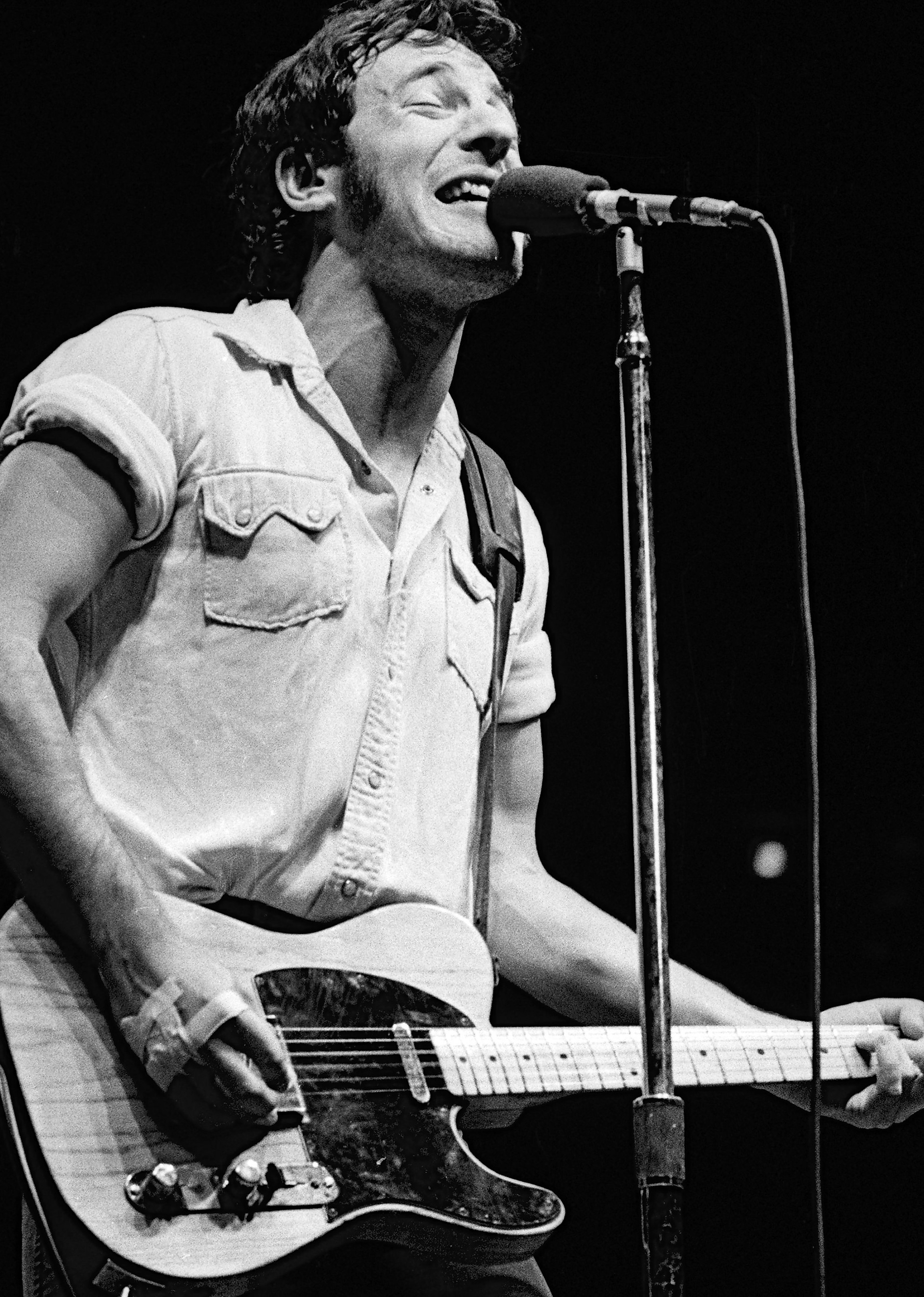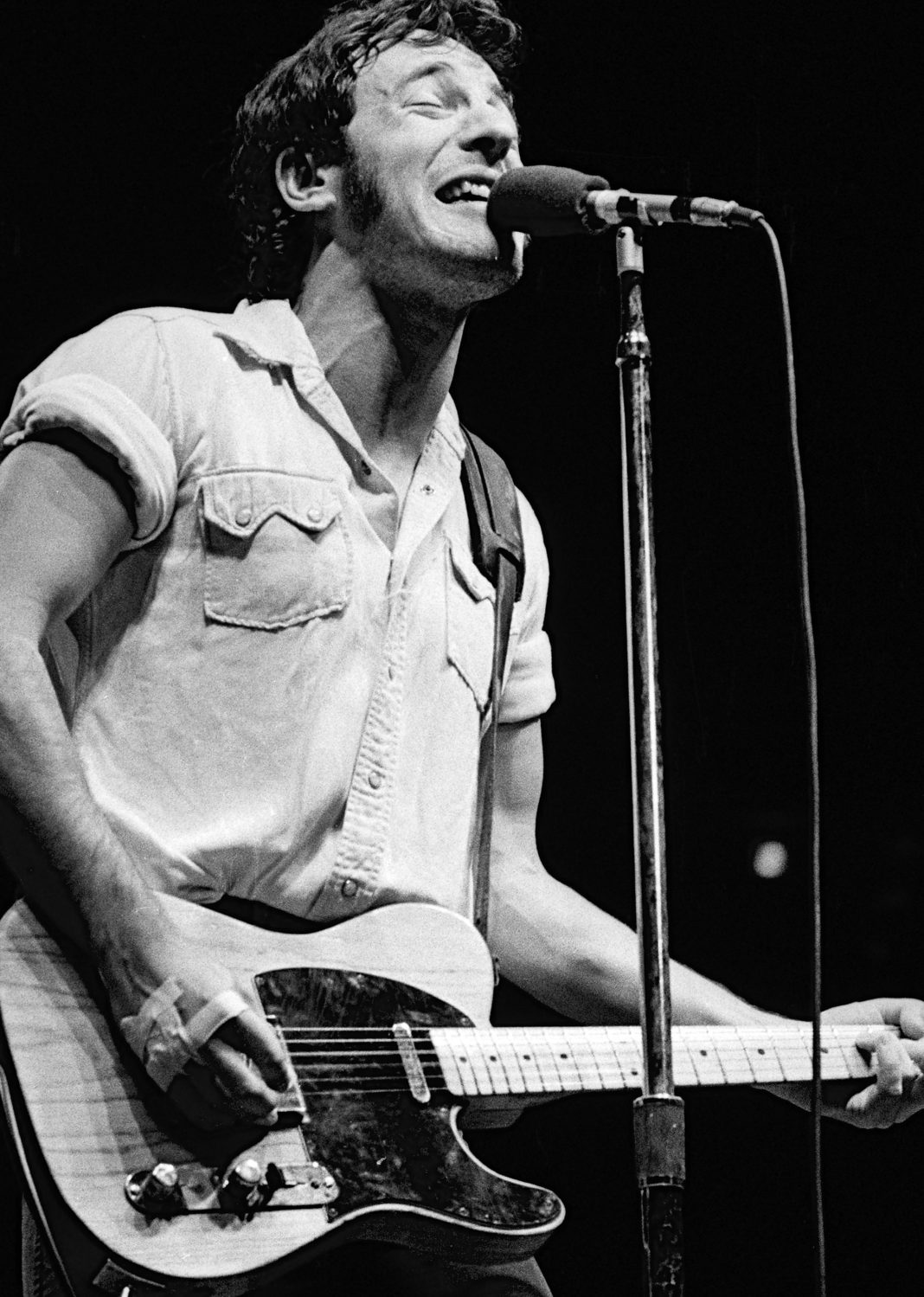Bruce Springsteen’s Immense ‘Tracks II’: A Groundbreaking Yet Cumbersome Release
The year 2024 is already proving significant for Bruce Springsteen. This summer marks the 50th anniversary of his breakthrough album, *Born to Run*, and a biographical film, *Springsteen: Deliver Me from Nowhere*, is set for release in the autumn. Before this, Springsteen garnered international attention for his powerful statements during his European tour, criticizing the current American administration.
However, a monumental project has recently captured significant attention: a box set titled *Tracks II: The Lost Albums*. This functions as a follow-up to the 1998 *Tracks* compilation, expanding upon the earlier collection of studio outtakes. Unlike its predecessor, this new set presents seven complete, previously unreleased albums—a total of 83 songs, dramatically increasing Springsteen’s recorded output.
For devoted fans, this is a momentous and consistently impressive undertaking, offering genuine revelations. It’s also, however, overwhelming and unnecessarily unwieldy in its presentation of this critical body of work.
The scale of this compilation is unprecedented. While Bob Dylan’s “Bootleg Series” has charted similar retrospective territory, no self-contained, unreleased Dylan album exists. Neil Young, known for his prolific release of archival material, primarily focuses on live recordings and alternative versions. Prince’s posthumous releases have included a full album such as *Welcome 2 America*, but nothing on the scale of Springsteen’s release.

These recordings span from 1983 to 2018, although the collection’s core comprises three albums from the mid-1990s: *Streets of Philadelphia Sessions* (predominantly solo recordings using drum loops), the country-influenced *Somewhere North of Nashville*, and the Mexican-inspired border reflections of *Inyo*. These are flanked by the *LA Garage Sessions ’83* and two 21st-century efforts: *Faithless*, intended for an unmade film, and the orchestral pop of *Twilight Hours*. Finally, *Perfect World* compiles miscellaneous recordings from various periods.
A remarkable consistency in the seriousness and determination evident in all these albums is immediately apparent. Springsteen’s strong creative vision is well-known, but any doubts about these recordings being rushed or casual are quickly dispelled. While not all tracks feel entirely finished or polished, each of the Lost Albums reveals an artist actively pursuing an idea and steadfastly pursuing his creative direction.
For less dedicated fans, the *LA Garage Sessions* is likely of most immediate interest. Having moved to California and feeling liberated after the solitary recording of *Nebraska*, Springsteen was grappling with his next artistic step—which, despite his reservations, became the globally successful *Born in the U.S.A*. At 18 tracks, this is the longest of the Lost Albums, highlighting the surge of creativity he experienced during this pivotal period. (It should also not be confused with the legendary “Electric Nebraska” sessions, the existence of which Bruce denied and then confirmed in a recent interview.)
The 1990s are often viewed as a relatively inactive decade in Springsteen’s career. Between 1987 and 2002, he only released *Human Touch* and *Lucky Town* (1992), which received mixed reactions, and the sparse, acoustic *The Ghost of Tom Joad* (1995). However, this box set presents a contrasting narrative of persistent productivity and artistic experimentation.
View full post on Youtube
The *Streets of Philadelphia Sessions*, named for the Oscar-winning song that marked Springsteen’s initial experimentation with drum machines, is the most fully realized of these records, seemingly closest to actual release. The early-generation rhythm loops may become repetitive, but the collection possesses a distinct and consistent mood—perhaps too much so, as Springsteen explains it could have been a fourth consecutive intensely somber album about relationships.
Recorded concurrently with *The Ghost of Tom Joad*, *Somewhere North of Nashville*, featuring prominent fiddle and pedal steel guitar, lacks the same seriousness but offers more lightheartedness. It serves in some ways as a precursor to the celebratory 2006 *We Shall Overcome: The Seeger Sessions*. *Inyo* is more understated, exhibiting both beauty and dullness, foreshadowing elements of *Devils and Dust* (2005) and powerfully portraying immigrant narratives.
*Faithless*, the shortest and most enigmatic of the Lost Albums, is puzzling; the intended film for which the music was created was never produced, leaving us to interpret the spiritual imagery, Southern gospel arrangements, and ethereal instrumentals. *Twilight Hours*, recorded alongside 2019’s *Western Stars*, is surprisingly different. While *Western Stars* drew from cowboy pop artists, *Twilight Hours* evokes a more distinctly Mad Men-era, shimmering Burt Bacharach-inspired MOR sound, showcasing Springsteen’s unexpected vocal range.
Springsteen’s vocals deserve particular attention. While the familiar powerful vocal style is well-known, these albums showcase a variety of approaches. This is easily overlooked, but these Lost Albums illustrate not only the different paths not taken but also how Springsteen retains and refines his techniques throughout his career.
Springsteen is primarily recognized as a live performer. His platinum album certifications have waned since 2007, and his streaming numbers are remarkably low, yet he continues to fill stadiums worldwide. This is largely due to the E Street Band, whose collaborative energy elevates even his most melancholic compositions. However, this collection, apart from some individual band member contributions, lacks the band’s presence, further emphasizing a sense of isolation and darkness.
*Tracks II* underscores Springsteen’s self-critical nature and meticulous curation. The first *Tracks* box set clearly demonstrated his selective approach to album releases. The decision to release all this material simultaneously, however, is baffling. This is valuable, if imperfect, work, and its context demands substantial time and effort to fully grasp.
The accompanying liner notes are detailed, but the overall release strategy is questionable. Why not release these albums individually or thematically? Even the most devoted fans lack the time to thoroughly engage with such a massive release. The pricing ($300 for seven CDs) is equally inexplicable.
While Springsteen’s age (75 years old) and claims of additional unreleased material are noteworthy, a more considered approach to releasing this material would have allowed fans to deeply engage and fully comprehend the creative journey rather than being overwhelmed by its sheer volume. A slower release pace would allow for better appreciation.
